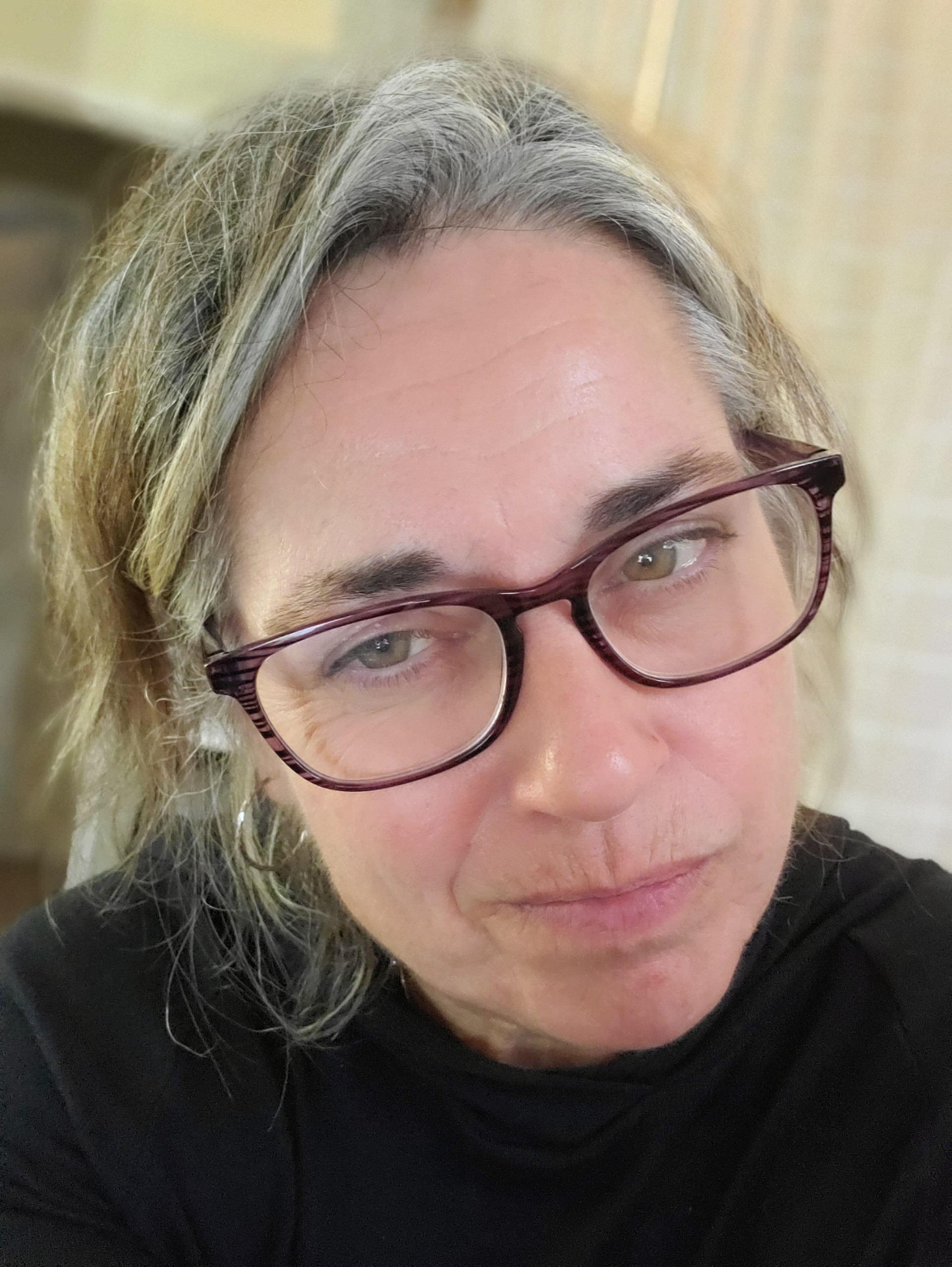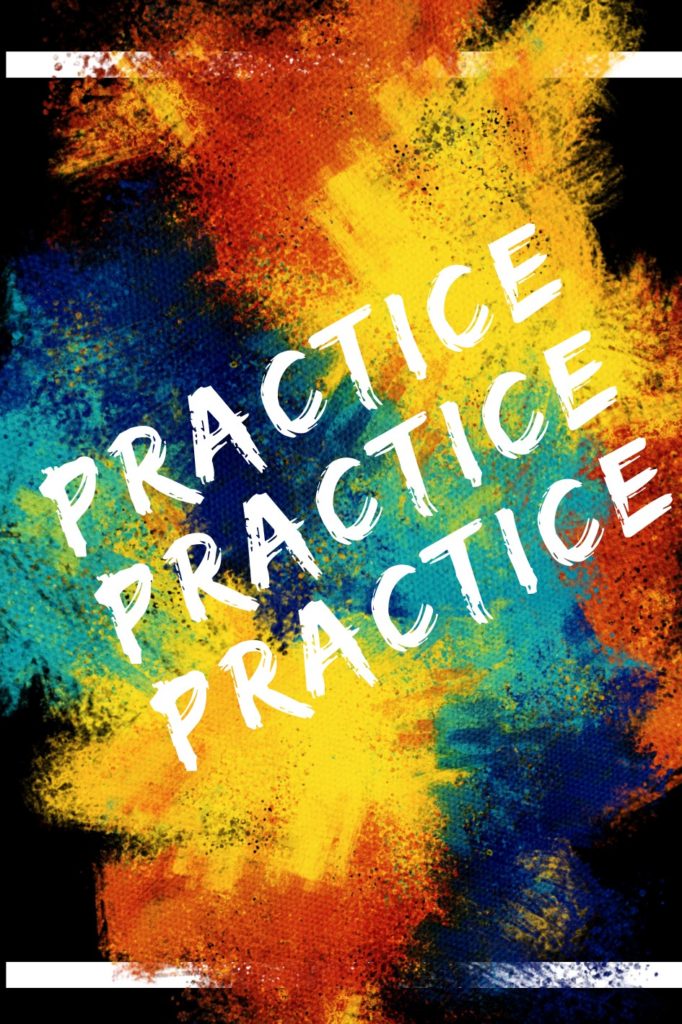Who the heck gets frustrated with themselves when asked to do something you don’t want to do and you think you are obligated and do it?
I am one of those historically a people pleaser. not to say that it is always a negative thing, however when it did become a negative thing, I realized a change was in order.
I also am learning now, what saying No means. My responses of “reasoning explanations” that follow my “No” are also getting shorter.
I recently was asked to do something relatively simple over the weekend. Now I already work 6 days a week and so the idea of doing something on my only day off was a challenge because I really want to stay committed to myself. Anyway, I was asked, I had said No I can’t. sorry.
This was followed by me and, I have plans to do ‘X,Y,Z’ that weekend. Answer: Oh ok, sounds fun.
A week later I was asked via text to contact them again. Was told it was important. Later I asked, what’s up?, and I got re-asked for the weekend. However now, the times changed and money was offered. I knew ahead of time they didn’t expect me to do the request for free. I again say No sorry I can’t.
A week later, I am literally asked again however in a different approach. It was someone else asking and now it was an emergency. I said so sorry, I just can’t, I have plans.
Nothing more said.
But wow! Just wow! How hard that was for me! 
Even after I felt relief, I also still felt a twinge of guilt. Although not a tremendous amount, enough to talk it out one more time with my best girlfriend. She reminded me that NO is a sentence and I owe them no explanation.
Akkk, why does saying it feel yucky!
So I want to talk about the feeling that I had, while going through this experience. This weird pit in my stomach and my heart doing a flutter while I replied back, No I can’t.
I had plans for the weekend, and although they may not have meant that I was heading somewhere out of town, they were plans for myself, plans! Pure and simple.
In the past I most certainly would have done the request because hey i wasn’t going anywhere so i want to be nice and helpful. I don’t want them to be mad at me. I do not want them to judge me, think that I am not a nice person.
Be self aware
Now, though, the whole point of being a recovering perfectionist, is to be…
self aware of what makes you worry so much about “things” we cannot control and have confidence in yourself enough to take control of “things” when needed, so you do not worry so much.
In Mark Manson’s book, the Subtle Art of Not Giving a F*ck, he says;
“We can truly be successful only at something we’re willing to fail at. If we are unwilling to fail, then we’re unwilling to succeed.”
(Manson,Mark. the Subtle Art of Not giving a F*ck. HarperOne, p. 145)
Easier said then done though if your brain is constantly telling you you are a failure if you do not do what they ask, or do it over, or say yes. In my case, I really just didn’t want to help. I wanted to stay home. And yet, I still felt the need to give them an explanation. I knew that I had to go through the feelings in order to be successful and therefore practicing saying No allowed me to be successful at it.
I have been telling my boys that you need to stick to your guns and follow through, etc…and now I want to set an example by showing the boys that although it is ok to say Yes, it is also ok to say No.
Saying no is setting boundaries for ourselves. Allow ourselves to choose how we hangout.
Boundaries are important
As I have been practicing this boundary stuff, I also realized that if my goals are to slow down and spend more time doing things i truly enjoy then I need to stop saying yes to things that I don’t want to do. I know logically that the world is not going to fall apart around me if i do not get involved. I also know that when I am not in the present, the situation will get figured out and move forward. At the beginning of practicing this I really needed a lot of reassurance and validation. I sought that out with corresponding people I trusted and now have narrowed it down to one person. For me this works. For you, you may need something else. Which is for you to figure out.
The hardest thing about saying No as a recovering perfectionist, is not giving the explanation. Using the word No in a sentence.
No!
Learning to say “no” and letting it hang out there
mindful.org
all alone in its glory
is a small kind of superpower.
Being Vulnerable ![]()
I think that taking the time to practice saying ‘no’ and practicing your ability to be vulnerable and authentic, gets easier. I am going to practice alternatives to saying No without an explanation and as I set my personal boundaries.
I also think it is important to be self aware of your own reactions and knowing the difference between reacting and choosing.
Because I made the commitment to myself for the weekend, it wasn’t as hard to say No this time around. I felt relief once I said it. I am lucky to have a strategy in place that I can get the extra help and reassurance I need when I practice a different mindset and communication style.
Practice, practice, practice
I think it is important to read and practice different variations of saying No and learning to be self aware when you are feeling that twinge of guilt for saying so.
Ask yourself, Why do you think you need to be involved? How is this making me me feel? Can I tell myself that I matter and I might just have something else going on in my life that takes precedence?
To take control of yourself and of your life is not always easy. I think that if we can keep focusing on what makes us happy and we practice creating the life we want to live our energy and mindful practice will help us become more confident in the decisions to change the ‘No’ into a ‘sure!’
In the meantime, stay real, stay positive, and never give up!



